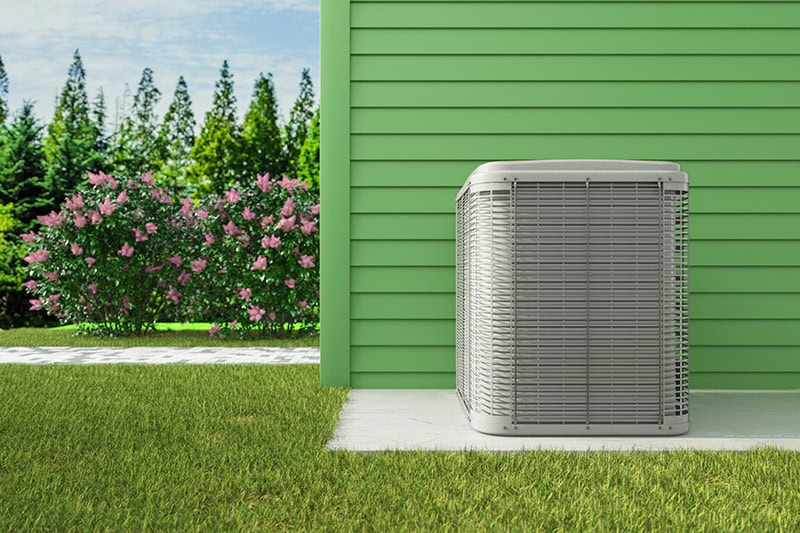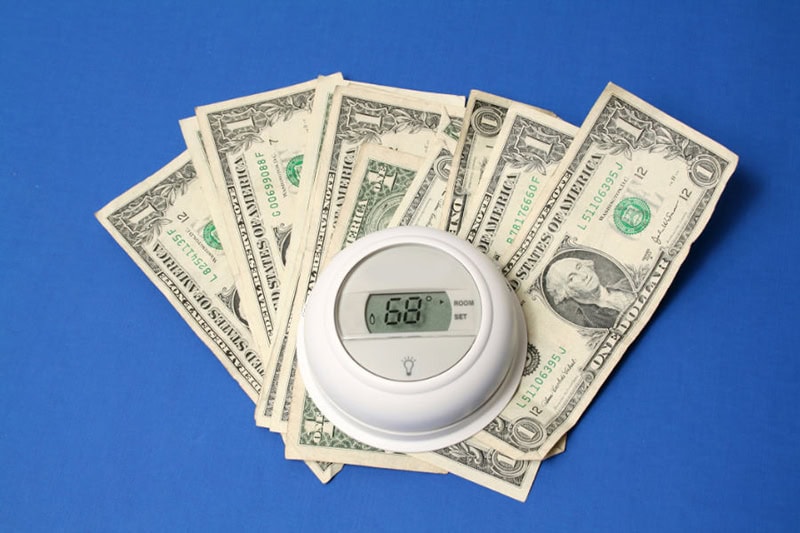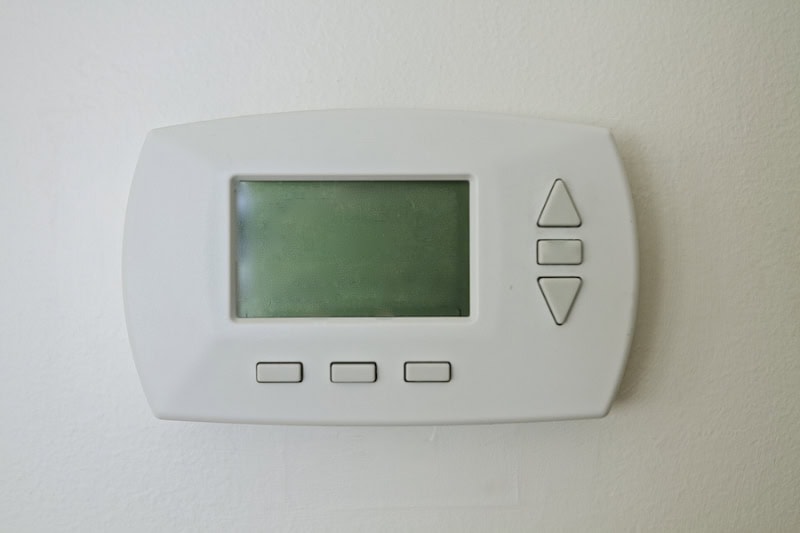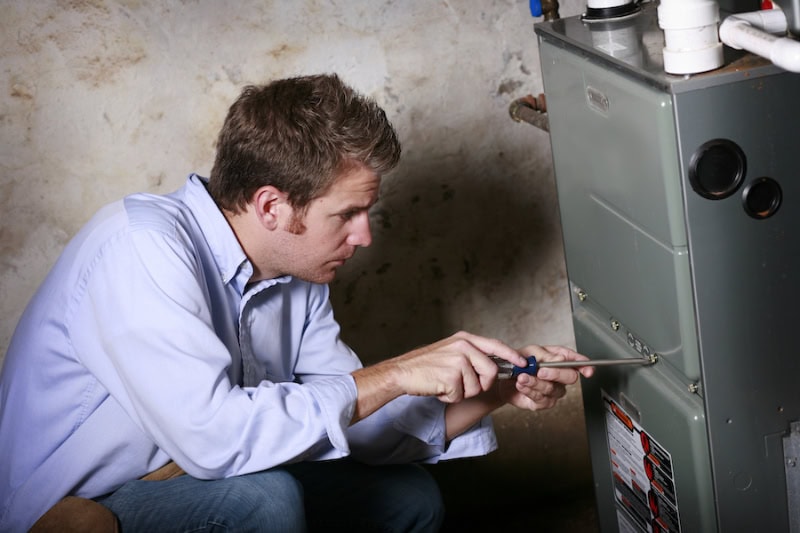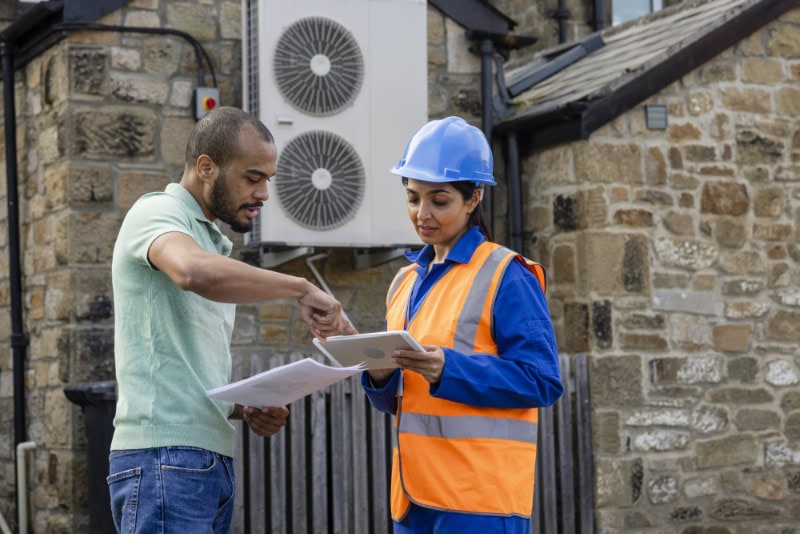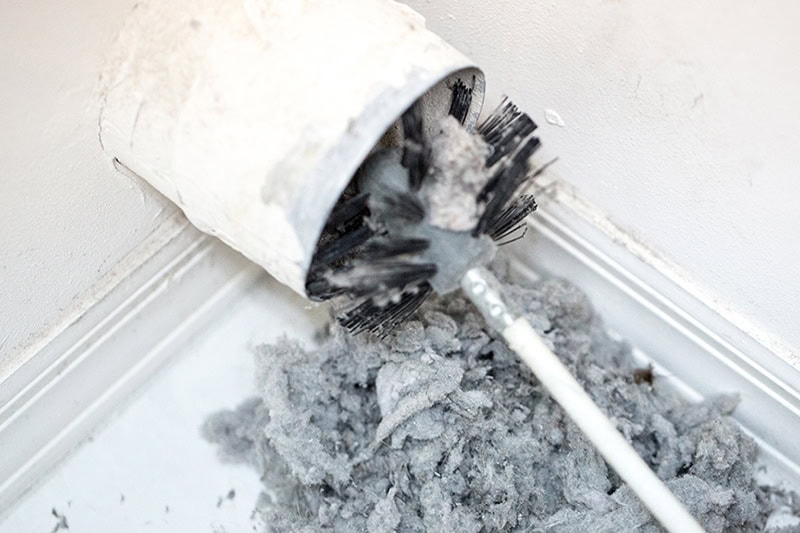As the temperatures begin to rise in Palmer, many homeowners are firing up their air conditioners for the first time in months. But what if, instead of a refreshing blast of cool air, you’re hit with an unpleasant smell?
Continue ReadingThe sound of a well-maintained heating, ventilation, and air conditioning (HVAC) system is like a lullaby for a good night’s sleep.
Continue ReadingFrom replacing air filters to scheduling maintenance, cleaning your cooling system can prevent breakdowns and keep your home comfortable.
Continue ReadingIt might seem like a minor nuisance, but in reality, dust is no laughing matter, no matter the setting. From causing allergies and respiratory issues to making your home look and feel less clean, dust greatly affects the indoor air quality (IAQ) of your Palmer home.
Continue ReadingYour air conditioner (AC) can do several things––keep your Arkansas home’s indoor air cooler than outdoor temperatures, help to keep indoor airborne allergens at bay, and help keep your home’s humidity low. But one thing it can’t do is kill mold.
Continue ReadingEveryone loves to save money, and it’s a good idea to review different aspects of your budget now and again to see if there are more opportunities you have missed in the past. Considering how to reduce your energy bills is always a great idea in the springtime.
Continue ReadingIt is an “Oh no!” moment when you approach your home’s thermostat and see its screen is blank.
Is it serious? Does it mean your furnace, heat pump, or air conditioning is broken? Not necessarily. In fact, most of the time, it is something minor and can be easily fixed.
Continue ReadingThe same goes for a heat pump. The outdoor unit might be in perfect working condition. Still, the heating and cooling process stops without an indoor evaporator coil, connecting refrigerant lines, and a fan to blow conditioned air through ductwork.
Continue ReadingWhat’s the best way to preserve resources? Working with what you already have. Heat pumps make your Wasilla home more comfortable by using heat that already exists. It pushes heat from outdoors to indoors (to warm) or pulls heat from indoors to outdoors (to cool).
Continue ReadingThe leading cause of dryer fires is the failure to clean the appliance, according to the National Fire Protection Association (NFPA). The organization says failure to clean sparked 32 percent of dryer fires annually from 2014 to 2018 in the U.S.
Continue Reading


